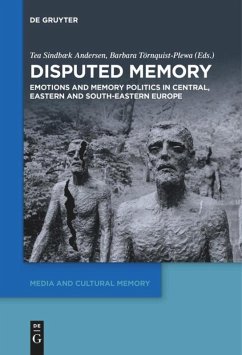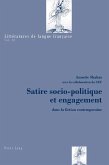The world wars, genocides and extremist ideologies of the 20th century are remembered very differently across Central, Eastern and Southeastern Europe, resulting sometimes in fierce memory disputes. This book investigates the complexity and contention of the layers of memory of the troubled 20th century in the region. Written by an international group of scholars from a diversity of disciplines, the chapters approach memory disputes in methodologically innovative ways, studying representations and negotiations of disputed pasts in different media, including monuments, museum exhibitions, individual and political discourse and electronic social media. Analyzing memory disputes in various local, national and transnational contexts, the chapters demonstrate the political power and social impact of painful and disputed memories. The book brings new insights into current memory disputes in Central, Eastern and Southeastern Europe. It contributes to the understanding of processes of memory transmission and negotiation across borders and cultures in Europe, emphasizing the interconnectedness of memory with emotions, mediation and politics.
Bitte wählen Sie Ihr Anliegen aus.
Rechnungen
Retourenschein anfordern
Bestellstatus
Storno









